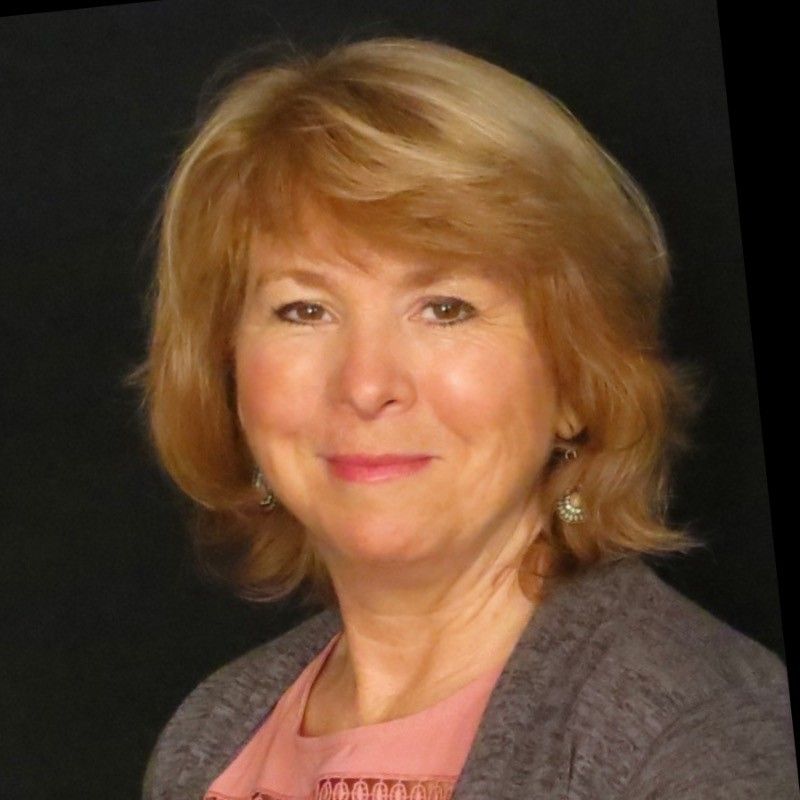Giving Up the Gavel
Jun 29
/
Katie Skurja

Giving Up the Gavel
During a time of walking Naomi through the process of clearing out her personal hell, she discovered that her father was still taking up space inside her soul.
During a time of walking Naomi through the process of clearing out her personal hell, she discovered that her father was still taking up space inside her soul.
Despite her efforts to be free from the seemingly uncontrollable reactivity she had in his presence, he still had the power to cause her to spiral into a tailspin at the thought of him. Having tasted freedom in other areas of her life, she did not like who she turned into around him. With a family event coming up soon, she was determined to stop offering him space rent-free in her inner dungeon. She was ready to take another step in the process of forgiveness.
After finding where he was locked up in a dark corner, she was able to let Jesus help her bring him into the light of day. Together, they also carried the many boxes of carefully cataloged memories of the countless hurts, offenses, and pain he had inflicted on her over the years. Standing before the cross with her dad and the stack of boxes, I asked her if she was willing to let Jesus be the judge over the situation and release the gavels she had been carrying for so long. Reluctantly, she handed them over, one by one.
By holding the gavels of judgment, we are declaring that we are a better judge than God.
In my experience, as long as we are holding onto the gavels over someone, we block our ability to hear the Spirit and our connection to grace, thus stalling the process of forgiveness.
Naomi realized she still had one gavel behind her back that she was reluctant to release.
What are you afraid of? I asked. If you let go of the gavel, what are you afraid will happen?
With tears forming in her eyes, she blurted, It means he gets away with it. It means it doesn't matter what happened to me.
After leading her through some paradox prayers
Based on the model of Psalm 23, a paradox prayer reduces shame by pairing a deep fear with a statement of faith. For example, Even though my pain doesn't matter, I am loved and accepted by God. For more information on paradox prayers, see Paradox Lost.
To lower the shame reaction tied to this belief, I asked, Would you be willing to hear what Jesus says about that fear?
Quietly, she nodded yes.
Would you be willing to let Jesus hold the gavel for a bit while you listen?
After handing over the gavel, she listened for the answer to the question, Jesus, what do you say to your Beloved about these fears?
Trust me, she heard. I see you.
Though few, the words fell like rain on her parched soul, softening her heart.
When Jesus looks at your dad, does he declare, Father, forgive him for he knows not what he has done?
Yes, she whispered.
Are you willing to declare that as well? I asked.
But he does know what he is doing! I can see it in his eyes how he is trying to be mean.
Lord, what do you say to this belief? I asked.
He says Dad's heart and mind are blocked by his own pain and unforgiveness.
Hidden inside the belief that people know exactly what they are doing when being hurtful are gavels of judgment in various shapes and sizes. Holding onto these gavels gives us a false sense of protection from the pain caused by the offending person. Unfortunately, it has the opposite effect. Our playing judge keeps the wound fresh and festering while at the same time provides free rent in the dungeon of our soul.
Every square inch of internal real estate taken up by others in our personal hell has the compounding effect of dumping caustic chemicals into what is supposed to be a river of living water flowing through us. Like an oil spill in the sea, it has a devastating impact on the spiritual ecosystem, leaving us unable to fulfill the first and second greatest commandments of loving God and loving others as ourselves.
Releasing the gavels requires us admitting that we make lousy gods. As one of the creatures, not the Creator, we are unable to see and understand the tangled web inside another's soul. The gavel was never meant to fit in our hand.
After a few more rounds of paradox prayers, Naomi was tearfully able to agree with Jesus, Father, forgive him for he knows not what he does. I release my dad into your hands and let you be the judge over him.
The effect was immediate. I feel like I can breathe deeper, she said.
Would you be willing to hand over all these boxes of memories to the safekeeping of God as well, trusting him to sort through any that need to be addressed specifically?
Better in his storage unit than my dungeon, she smiled.
___________________________________________________________________________

Katie Skurja
Catherine “Katie” Skurja is the founder and director of Imago Dei Ministries. Deeply rooted in and dedicated to Trinitarian principles, the ministry’s purpose is to help people everywhere engage in a Christ-centered healing process that transforms relationships with God, self, and others. Her greatest passion is to accompany people in the journey of discovering who they are in their Imago Dei (image of God).
Catherine “Katie” Skurja is the founder and director of Imago Dei Ministries. Deeply rooted in and dedicated to Trinitarian principles, the ministry’s purpose is to help people everywhere engage in a Christ-centered healing process that transforms relationships with God, self, and others. Her greatest passion is to accompany people in the journey of discovering who they are in their Imago Dei (image of God).
With training as a counselor, spiritual director, and in the work of inner healing prayer, Katie combines the three disciplines to help guide people through the layers of false self and shame in order to bring about the integration of the whole person.

